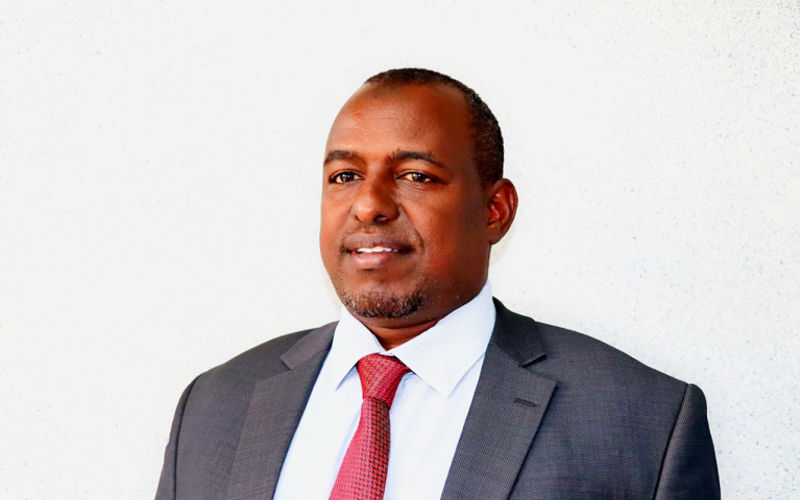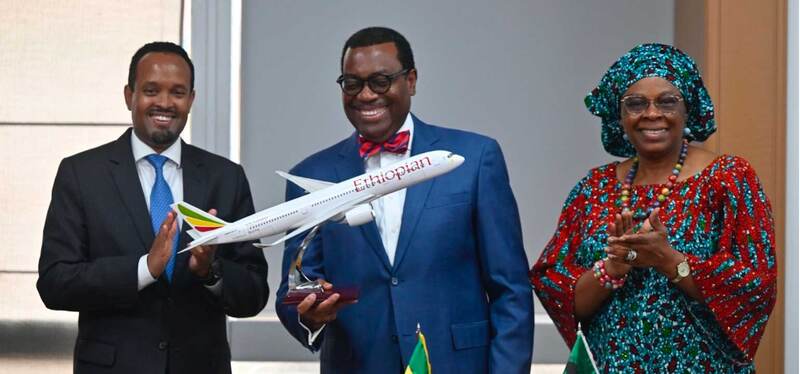The end of SIM cards? A new era of mobile communication on the horizon

Mobile technology is advancing rapidly, and some industry professionals predict a future where SIM cards and traditional airtime are no longer necessary to make a call.
Imagine this. You need to make an urgent call, but your SIM card is missing, or maybe you simply have no airtime or data bundles.
Yet, despite all odds, the call still connects, while this scenario might sound like something from a science fiction movie, experts say it could become a reality sooner than we think.
More To Read
- Need a mood boost? Changing your phone wallpaper might be the digital therapy you need
- Beyond the price tag: 5 key things to look for before buying a new phone
- Forgot your Safaricom number? Here is a simple way to get it
- Why you should use speaker mode or wired headsets for long calls
- How to maintain good battery health on your phone
- Kenyans turn to Lipa polepole to afford smartphones amid high costs
Mobile technology is advancing rapidly, and some industry professionals predict a future where SIM cards and traditional airtime are no longer necessary to make a call.
Instead, future phones could rely on eSIM technology, Wi-Fi networks, and satellite connections, allowing users to stay connected even in the most remote areas, without needing a physical SIM card or purchasing airtime.
“I believe we’re moving towards a world where the dependency on SIM cards will fade,” says Francis Mwangi, a Nairobi-based mobile technology analyst.
“With innovations like eSIMs, Wi-Fi calling, and satellite connectivity, it’s clear that connectivity will soon become more about access to networks rather than just traditional carriers.”
Already, some smartphones, like certain iPhone and Samsung Galaxy models, feature satellite calling capabilities, primarily for emergencies.
These technologies allow users to send messages or make calls even without cellular coverage. While these features are still limited, they point to a growing trend of SIM-less communication.
Student's invention
A Namibian Grade 12 student, Simon Petrus, is making waves recently after he invented a mobile phone with no SIM card, which uses radio signals has already developed a technology that enables SIM-free calling by integrating satellite communication directly into phones, bypassing traditional carriers altogether.
While still in its early stages, Petrus' invention offers a glimpse into a future where mobile calling could be completely revolutionised. But the question remains whether the West will support or "steal" his innovation.
As often happens with groundbreaking technologies, there is a fine line between collaboration and appropriation.
If global tech giants or governments take an interest in Petrus' invention, it could bring much-needed attention and resources to refine his technology. However, there is also the risk that, without proper backing or acknowledgement, such a breakthrough could be claimed or overshadowed by larger players.
For example, companies like SpaceX’s Starlink are working on global satellite internet that could eventually power smartphones to make calls and send messages without relying on mobile networks.
“The next logical step is integrating these technologies into smartphones,” Mwangi explains.
“If we can access global satellite internet on our phones, the need for local telco services like airtime could diminish, especially in rural areas where network coverage is limited.”
Despite these advancements, Kenya’s mobile network market, dominated by providers like Safaricom, Airtel, and Telkom, remains heavily reliant on traditional SIM cards and airtime.
As mobile carriers continue to play a significant role in local connectivity, a full shift to SIM-free calling would require both global tech shifts and local regulatory changes.
For now, Kenya’s mobile landscape remains tied to its traditional systems, but with rapid technological advancements, it is clear that the future of communication may not depend on a SIM card or even airtime at all.
“It’s not a question of if this will happen; it is a matter of when.”
Top Stories Today









































